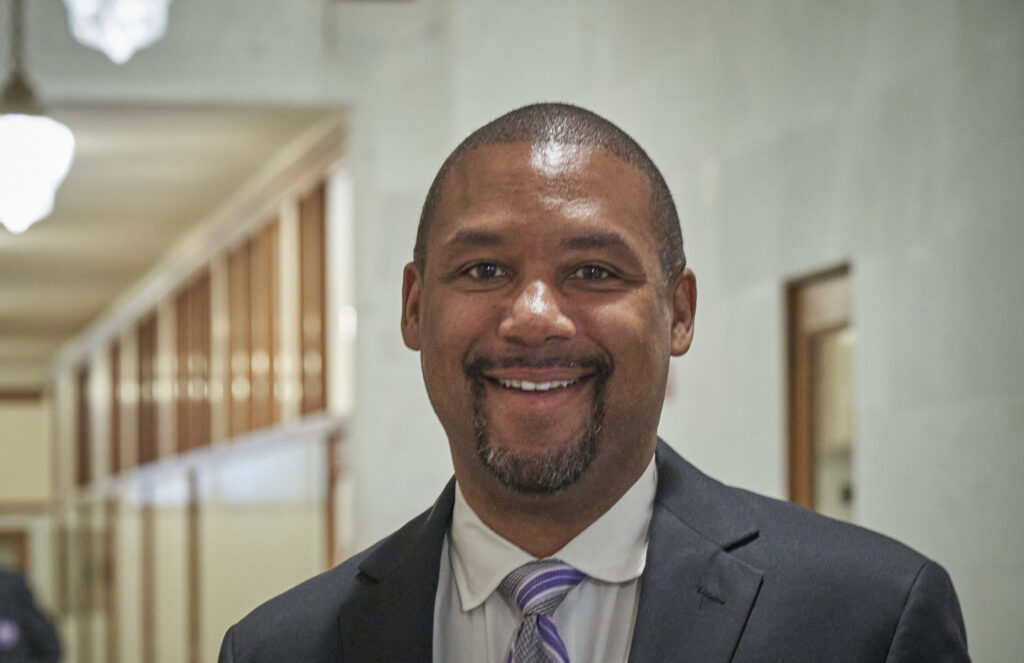The San Francisco Police Department decided on its own to violate the rules limiting public employee overtime, the Board of Supes learned Tuesday.
The supes were voting on a measure to reallocate more than $80 million from salaries to overtime, and to approve more than $5 million in reserves to bolster that OT spending.
The Budget and Appropriations Committee, after a contentious hearing, passed the measure to the full board without recommendation.

At that hearing, some of the supes questioned why SFPD was allowing officers to work as private rent-a-cops, on OT pay, for a lot more than the 500 annual hours that the city currents sets as the limit on extra work.
SFPD also defied a Memorandum of Understanding with the Department of Human Resources that barred cops who had called in sick more than twice in six months to work in the private market, under the so-called 10B program.
That program lets private companies hire off-duty cops, mostly to work inside retail outlets, most of them downtown.
At the hearing, Assistant Chief David Lazar said that DHR had agreed not to enforce those rules. But when the measure came to the full board, Sup. Shamann Walton asked Employee Relations Director Ardis Graham if what Lazar said was true.
Graham said he wasn’t sure. So at Walton’s request, the item was continued for about an hour, while DHR did some research.
When he came back, Graham made clear that DHR had, indeed, agreed not to enforce some OT rules during the heart of the pandemic, when it was critical to get officers on the street and some were sick. But post-pandemic, he said, “we have no record” of waiving the rules.
Walton: So the SFPD just took it upon themselves to suspend the rules?
Lazar: They gave us permission, and we just stayed with it to this day, we just never went back.
Graham said that DHR had increased the OT rules for cops to 1,000 hours a year—but not 2,000. And some cops have worked 2,000 hours of OT in the past fiscal year.
Some cops have also called in sick in the morning, and then worked as 10B officers in the evening.
Sup. Jackie Fielder pointed out that officers who, under the rules, should have been ineligible for 10B assignments worked 51,000 hours for private companies in the last fiscal year. “It’s this body that has to hold the SFPD accountable,” Fielder said.
Walton said that he’s been on the board for seven budget cycles, and every year, the cops have been unable to property estimate their overtime and budget for it. I might be less charitable; one could argue that SFPD doesn’t put all its projected OT in the budget because the department brass assume that the supes will just approve supplemental appropriations later. As they have, for seven years.
“We’ll never have change if we keep giving them a blank check,” Walton said. “We hold everyone accountable except this department.
Then: Oh, the handwringing from the conservative supes (and even a few progressives). “We are faced with lousy options,” said Sup. Danny Sauter, who argued that the OT money had already been allocated. Rejecting the proposal “would leave the police budget in a mess.”
Matt Dorsey said “I am not proud of this vote.”
Sup. Chyanne Chen said “I am sick to my stomach to be put in this position today … I didn’t want to support this.”
Then support it they did, 9-2, with only Walton and Fielder in opposition.
But the message that went out was pretty clear: As the supes dive into the very difficult work of creating a balanced budget, Sup. Connie Chan, who chairs the Budget Committee, noted, the police should not be exempt from oversight. “Today’s conversation is projecting the conversation in June,” she said—and maybe, just maybe, the board will stand up to the mayor and say that this one department should not be allowed to spend money at will while everyone else is facing severe, sometimes life-threatening, cuts.





